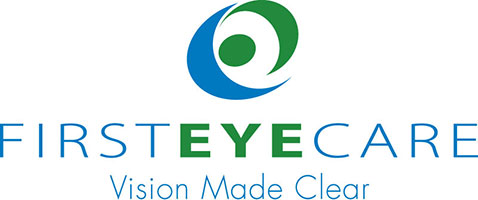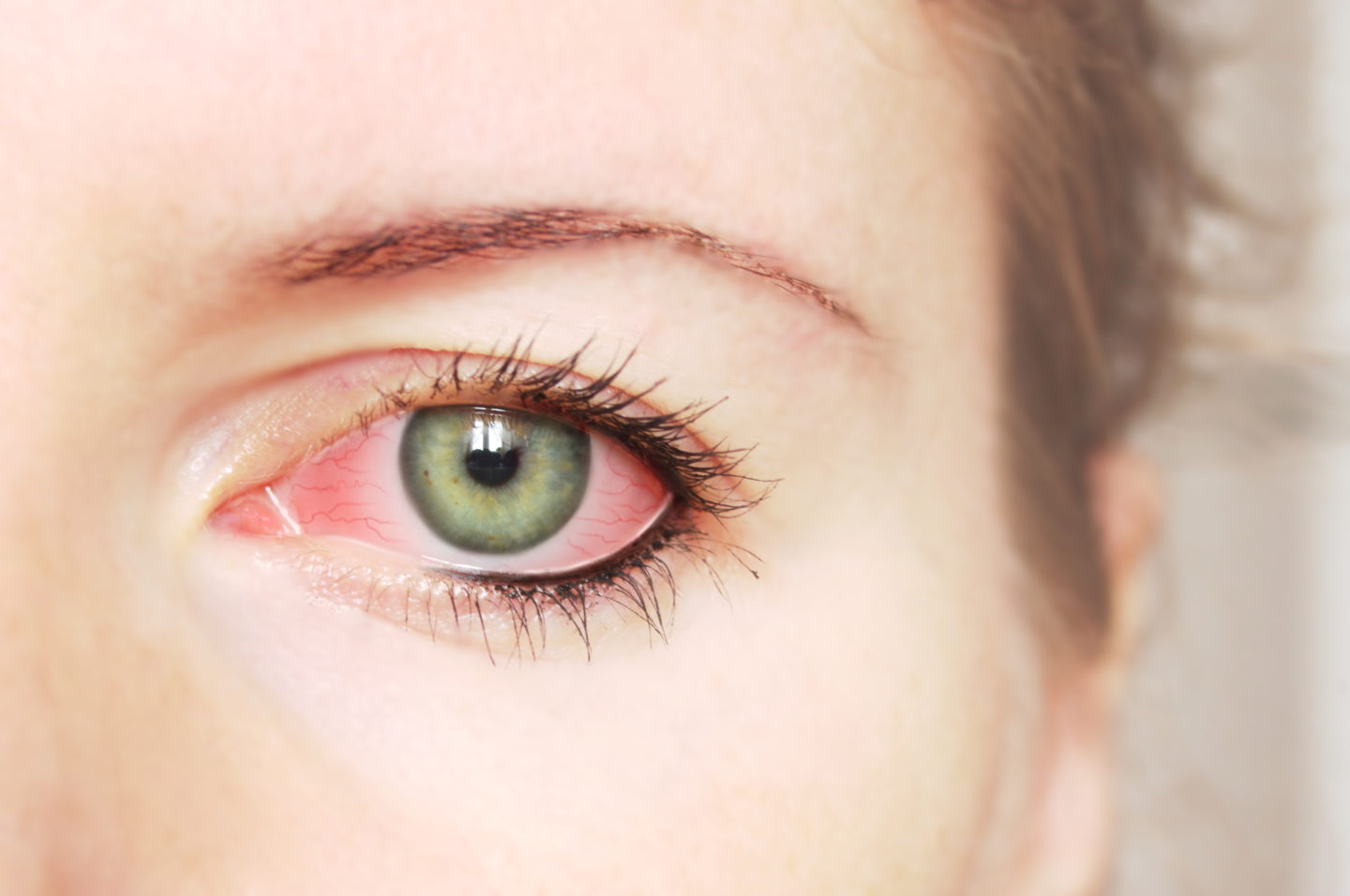Eye Allergies Can Be Debilitating
The spring season is in full swing. You know what that means, longer days, warmer weather, and more chances for outdoor activities. While spring is a great time to enjoy life and spend time outside, it also marks the beginning of allergy season. While not everyone suffers from seasonal allergies, a great many people do. In fact, 50 million Americans experience allergies this time of year.
Whenever you talk about having allergies, the first thing people often think of is having a runny nose and sneezing. However, your nose isn’t the only part of your body affected by seasonal allergies. Your eyes also react to allergens, just like your nose. Your eyes are incredibly sensitive, so it makes some sense how allergies can affect them. Eye allergies can be frustrating, affecting everyday activities. With allergy season upon us, you must be ready to protect your eyes.
First Eye Care DFW knows the effect allergies have on your eyes and how they can ruin your day. That is why we are here to provide you with some useful tips to get your eyes ready for allergy season.
What are Eye Allergies?
Allergies occur when a foreign substance, like pollen, dust, or pet dander, enters your body. When these substances enter your body, your immune systems views them as a threat, even though they aren’t. Your immune system will release histamines to attack these allergens, which is what causes an allergic reaction.
Eye allergies are also called allergic conjunctivitis. It is caused by the same reaction that causes other allergic reactions. Eye allergies usually occur on the clear layer of skin covering the front of your eye and the inside of your eyelid, known as the conjunctiva. Common substances you can be allergic to that will lead to eye allergies include:
- Pollen from grass, trees, and weeds
- Dust and other indoor allergens
- Pet dander
- Makeup and perfume
If you do have eye allergies, you will experience symptoms, such as:
- Red, irritated eyes
- Watery eyes
- Swollen, puffy eyes
- Itchiness
- Light sensitivity
- Burning sensation
- Blurred vision
If you know that you suffer from allergies, you need to take the necessary precautions this allergy season to protect your eyes and ensure your health.
Protecting Your Eyes from Allergies
Allergic reactions can range from mild to severe and can even threaten your vision in some instances. That’s why it is so important to be proactive when it comes to protecting your eyes this allergy season. No one wants to have to deal with puffy, itchy eyes, so First Eye Care DFW has provided some tips to get your eyes ready for allergy season. You must first identify your allergies so that you know what to avoid and when.
Keep Antihistamines Nearby
As we mentioned earlier, histamines are what your immune system releases to attack an allergen it identifies as a threat. To combat these histamines and the allergic reaction they cause, you should always keep antihistamines near you. This medicine targets the histamines in your body, protecting you from the immune responses by blocking the effects histamines have. Antihistamine eye drops work well with watery, itchy eyes. Most of these medications are over the counter, so you can find them easily.
Additionally, some medicines keep histamines from causing an allergic reaction from occurring in the first place. Speak to your eye doctor to learn if this route is best for you.
Avoid Allergens
The best way to avoid eye allergies is to avoid allergens entirely. While it’s impossible to avoid all allergens, you can do your best to avoid most of them. If you do suffer from eye allergies, check the pollen count in your area before leaving your house. This helps you know when your allergy symptoms may be at the worst and provides you with a chance to plan around high pollen days.
Keep Your Home Clean
Allergens aren’t only outside. Allergens such as dust and pet dander can be found inside, as well. While it’s impossible to completely rid your home of all allergens, you can do several things to keep the level of dust and dander at a minimum:
- Vacuum at least once a week
- Use an air conditioner with a high-efficiency filter to keep your air clean
- Keep windows closed
- Dust your home using a damp cloth, so you can collect dust instead of moving it around
- Clean bathroom tiles to remove mold
- Wash bedding with warm water
- Sweep/vacuum outdoor entryways to limit how much outdoor dust or pollen people can bring indoors
Wear Sunglasses
Another great way to block allergens from affecting your eyes is by wearing sunglasses or some other form of eye protection. Not only do sunglasses protect your eyes from harmful UV rays, but they also block allergens from reaching your eyes. For further protection, find sunglasses that fit firmly on your face and even wrap around your eyes.
Don’t Rub Your Eyes
Whenever you experience eye allergies, your instinct is to rub them. After all, they are watery, irritated, and itchy. While this may provide you with short-term relief, it can make things worse in the long run. When you rub your eyes, you stimulate the production of tears, which occurs naturally, thanks to allergens. Tears lubricate the eyes to clean them and relieve irritation. However, the added pressure of you rubbing your eyes can release even more histamines, thus making your eyes feel more irritated and itchier.
Take Out Your Contacts
Your contacts may help you see, but they can also make things difficult if you suffer from allergies. Most contact lenses are designed to ensure that they don’t irritate your eyes. However, whenever the pollen count is high, pollen and other allergens can stick to your contacts. If pollen count is high, take out your contacts, rinse them, and wear your eyeglasses.
Allergy season is upon us. Too many people underestimate the effect allergies have on your eyes. If you suffer from eye allergies, you need to take the necessary steps to ensure your eyes are properly ready and protected. If you have any further questions regarding what you can do for your eyes this allergy season, give First Eye Care DFW a call.



